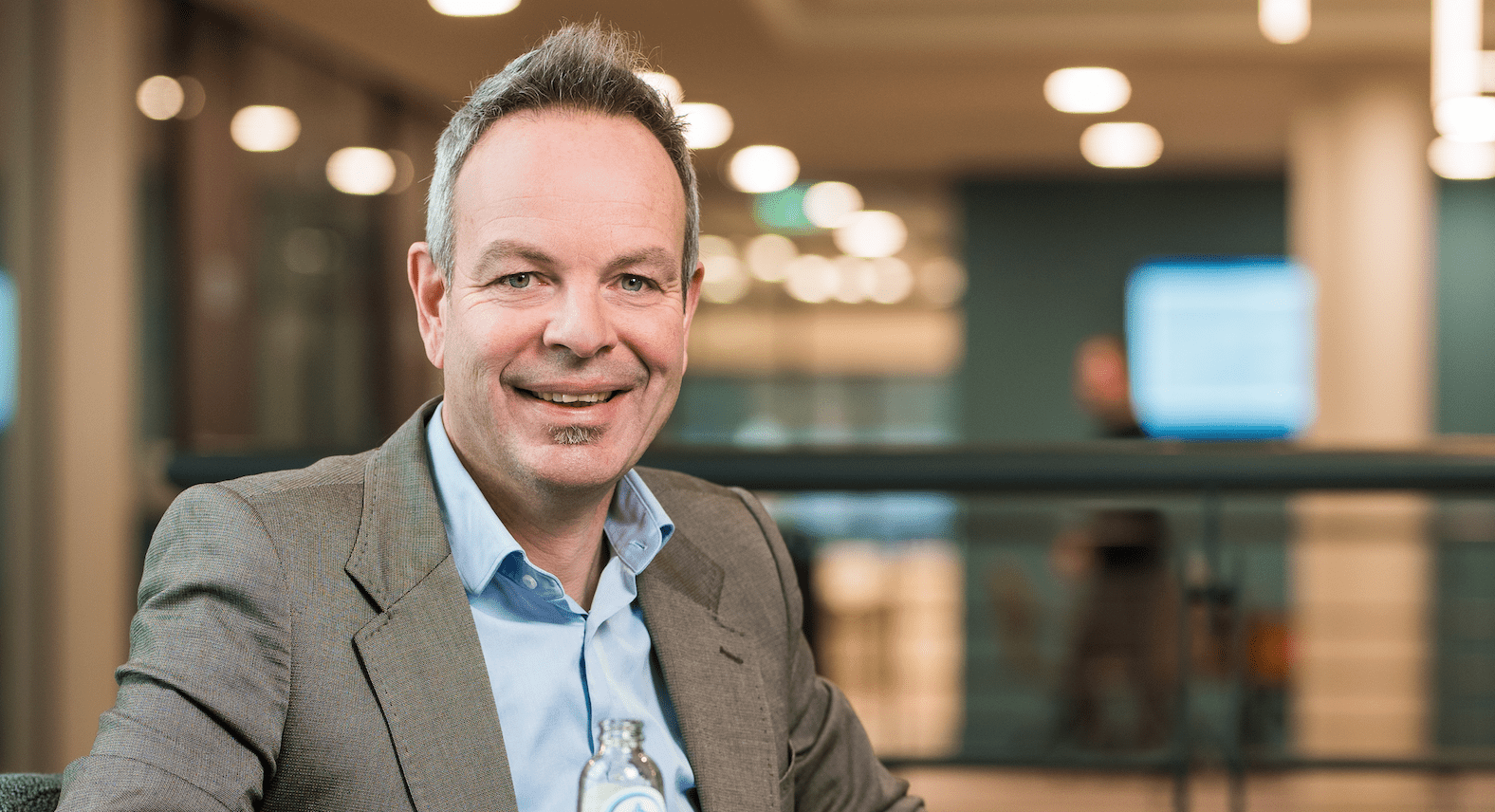
In order to play a role in high tech on a global scale it is important to co-operate where possible. The Rathenau Institute calls for more coordination between the various Dutch research centers, in order to keep the competitive advantage our country has (see report “R&D goes Global”). Campuses that are active in the same topic area (such as high tech or food) can best align their strategic and operational choices according to the survey.
 Such cooperation is already in place for the two Eindhoven campuses according to Bert-Jan Woertman (marketing director High Tech Campus Eindhoven) and Steef Blok (director Innovation Lab TU/e). Blok: “Our common goal is to make the region flourish. The TU/e focuses on the startup campus, while HTCE focuses on the growing techno businesses. One example is Smart Photonics, a TU/e spin-off that is (also) located on the HTCE. Smart Photonics can best grow there so why would we as shareholders keep this company on the TU/e campus? ”
Such cooperation is already in place for the two Eindhoven campuses according to Bert-Jan Woertman (marketing director High Tech Campus Eindhoven) and Steef Blok (director Innovation Lab TU/e). Blok: “Our common goal is to make the region flourish. The TU/e focuses on the startup campus, while HTCE focuses on the growing techno businesses. One example is Smart Photonics, a TU/e spin-off that is (also) located on the HTCE. Smart Photonics can best grow there so why would we as shareholders keep this company on the TU/e campus? ”
Woertman points out that there already is heavy traffic between the two campuses. “Both structurally and incidentally we complement each other. Just look at how many students, graduates and doctoral students are at work on the HTCE. When a TU/e professor gives a lecture on our High Tech Campus, he takes some students with him. And if validation is required for research at TU/e, it can almost always take place here. All those connections lead to more and more activity on both sides. The partnership draws new activities everytime.”
According to Blok and Woertman the TU/e campus and HTCE are therefore not standing in each other’s way. They also distance themselves from the recent claims by René Buck (director Buck Consultants) on deingenieur.nl. According to Buck, the two campuses compete due to lack of focus. “On the contrary,” Woertman admits. “We benefit from each other’s success. The way we work is exactly what is good for the Netherlands.”







